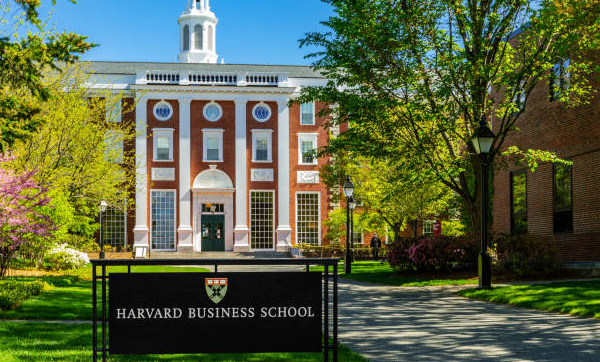Harvard University president Claudine Gay is at the center of a continuing scandal around plagiarism claims. Based on allegations that Gay stole her work multiple times, Dr. Carol Swain, a retired professor from Vanderbilt University, publicly urged that Gay be fired immediately.
Swain urged the dismissal of Gay in a social media post named “Some unrequested guidance for Harvard University.” Swain emphasized the need to replace Gay swiftly to steer the university back on the path of integrity.
One of Swain’s points she made in the X post read, “Recruit the most qualified individual capable of guiding the university to stability. Prioritizing the demands of the Marxist identity politics group shouldn’t be a factor. This could involve an older white Jewish individual advocating for classical liberalism.”
To emphasize how urgent the situation is, Swain proposed temporarily relieving Gay of her responsibilities until a suitable substitute is identified. She begged Harvard not to put political concerns ahead of hiring someone who could lead the institution towards ethical academic standards, irrespective of their background.
In addition, Swain asked for an apology from the university and emphasized that it should recognize the damage that the alleged plagiarism created. Others in academia shared these views, which sparked debates on the credibility of academic institutions’ leadership and work.
Earlier this month, accusations were made against Gay, asserting that in her scholarly works spanning the 1990s, she neglected to appropriately cite the work of other scholars. There were growing demands for her resignation in the wake of these accusations, even though the university’s investigation cleared her of wrongdoing.
Nevertheless, Gay has been supported by Harvard University, which has defended her academic integrity and acknowledged the need for changes in attribution in certain cases. Congress is looking into the matter, adding these accusations of plagiarism to their existing probe into campus antisemitism.
The difficulties that institutions encounter in upholding academic integrity and holding leadership accountable are brought to light by the current debate. It brings up issues of openness and responsibility in academic institutions and initiates larger conversations on academic ethics and responsibility.
